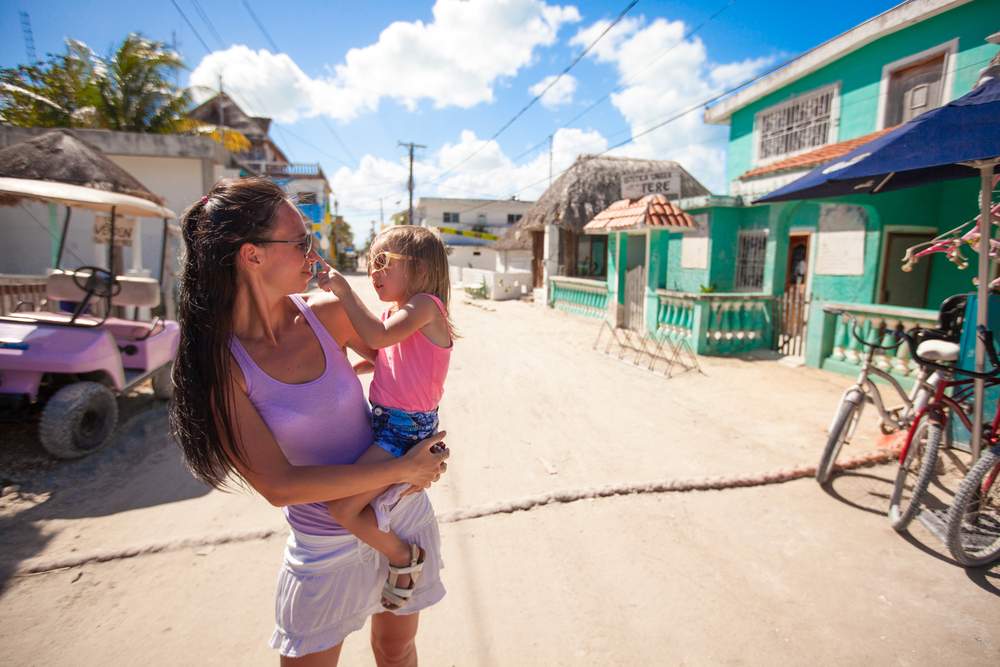The world has always been a vast classroom, brimming with lessons far beyond what traditional education can offer. While conventional schooling has its merits, there’s a treasure trove of knowledge waiting outside those four walls. With the rise in homeschooling — a change ushered in by both societal shifts and current global circumstances — parents are beginning to realize the unparalleled learning potential that the world at large can offer. This is particularly true when it comes to travel.

The Rise of Homeschooling and World Exploration
Over recent years, homeschooling has surged in popularity. A report from the National Home Education Research Institute estimated that over 1.5 million students were homeschooled in the U.S. alone as of 2019, a number that’s consistently on the rise. But why this shift?
One reason is flexibility. Homeschooling offers the luxury of a tailored curriculum and the freedom to learn at an individual pace. This flexibility extends to where learning occurs. The entire world becomes an open classroom, ready for exploration.
And this is where travel finds a valuable option for homeschooling families.
Broadening Horizons: Beyond Geography and History
Travel does more than teaching kids about the world’s geography or its historical events. When children visit new destinations, they learn through immersion. They see the remnants of ancient civilizations, walk through bustling local markets, and hear the echoes of history in every cobblestone and monument.
But more than that, they engage with diverse populations, offering first-hand experiences that textbooks can’t capture. Students who engage in overseas learning are significantly more adaptable and have higher cognitive skills than their peers. This adaptability goes hand in hand with resilience, a trait further nurtured when faced with the unpredictable nature of travel.
Cuisine: A Delicious Lesson on Culture and Diversity
Every nation’s cuisine is a rich tapestry of its history, culture, and values. When kids sample foreign dishes, they’re not just tantalizing their taste buds; they’re digesting stories, traditions, and a sense of community.
A study from the Journal of Personality and Social Psychology found that children who are exposed to multicultural experiences tend to be more creative. This exposure isn’t limited to artistic creativity but also to problem-solving skills. When a child understands the significance of why Japanese meals are intricately presented or the communal essence of an African potluck, they’re internalizing values that foster empathy and global understanding.
Language: The Bridge to Global Empathy
There’s an undeniable beauty in communicating in someone’s native tongue, even if it’s just a greeting. When children learn and interact in different languages, even at a basic level, they open doors to deeper connections.
Research from the University of Chicago found that children who are exposed to multiple languages tend to be better at communication and are more empathetic. This empathy stems from understanding context, interpreting emotions, and navigating through linguistic barriers to find common ground.
Character Development through Cultural Immersion
Immersing oneself in a new culture goes beyond sightseeing. It’s about understanding and adapting to different ways of life. Children, with their innate curiosity, quickly absorb the nuances of these cultural diversities.
A significant benefit of this immersion is character development. Students who travel and interact with varied cultures show heightened interpersonal skills and a more refined moral compass. They tend to develop a genuine appreciation for diversity, an understanding of global issues, and a deeper sense of self.

The world is vast, diverse, and brimming with lessons that can’t be confined to the pages of a textbook. As more parents transition to homeschooling, the opportunity to use this expansive global classroom becomes more evident. Travel, in its essence, offers children an education that’s immersive, interactive, and invaluable.
From tasting the spices of India to conversing in rudimentary French in a Parisian cafe, or understanding the deep-rooted traditions of a Mexico’s Mayan History, every journey imparts lessons of empathy, adaptability, and global awareness.
In the end, traveling offers children an education that’s not just about memorizing facts but about understanding humanity. It’s about teaching them that, despite our differences, there’s a thread of similarity that binds us all. And as they explore, they not only discover the world but also find themselves.
For more information regarding our Los Cabos, Mexico retreats that provide stress free planning, and a unique blend of cultural immersion from local recommendations, feel free to contact us at loscabosretreats@gmail.com.
